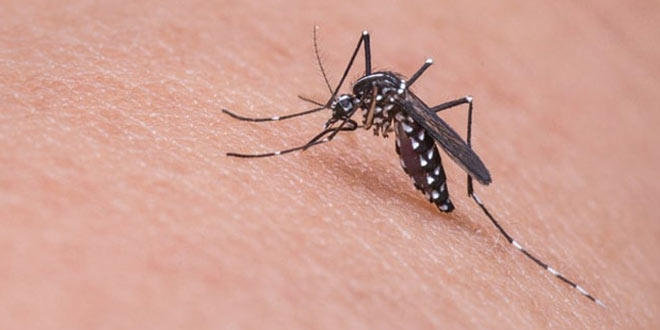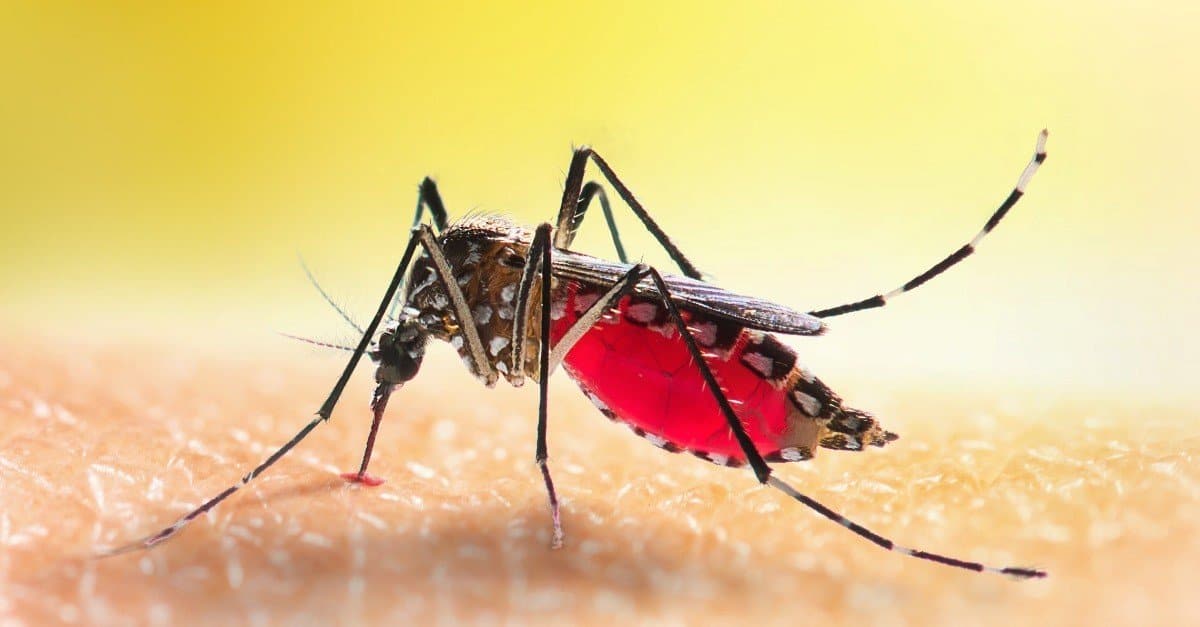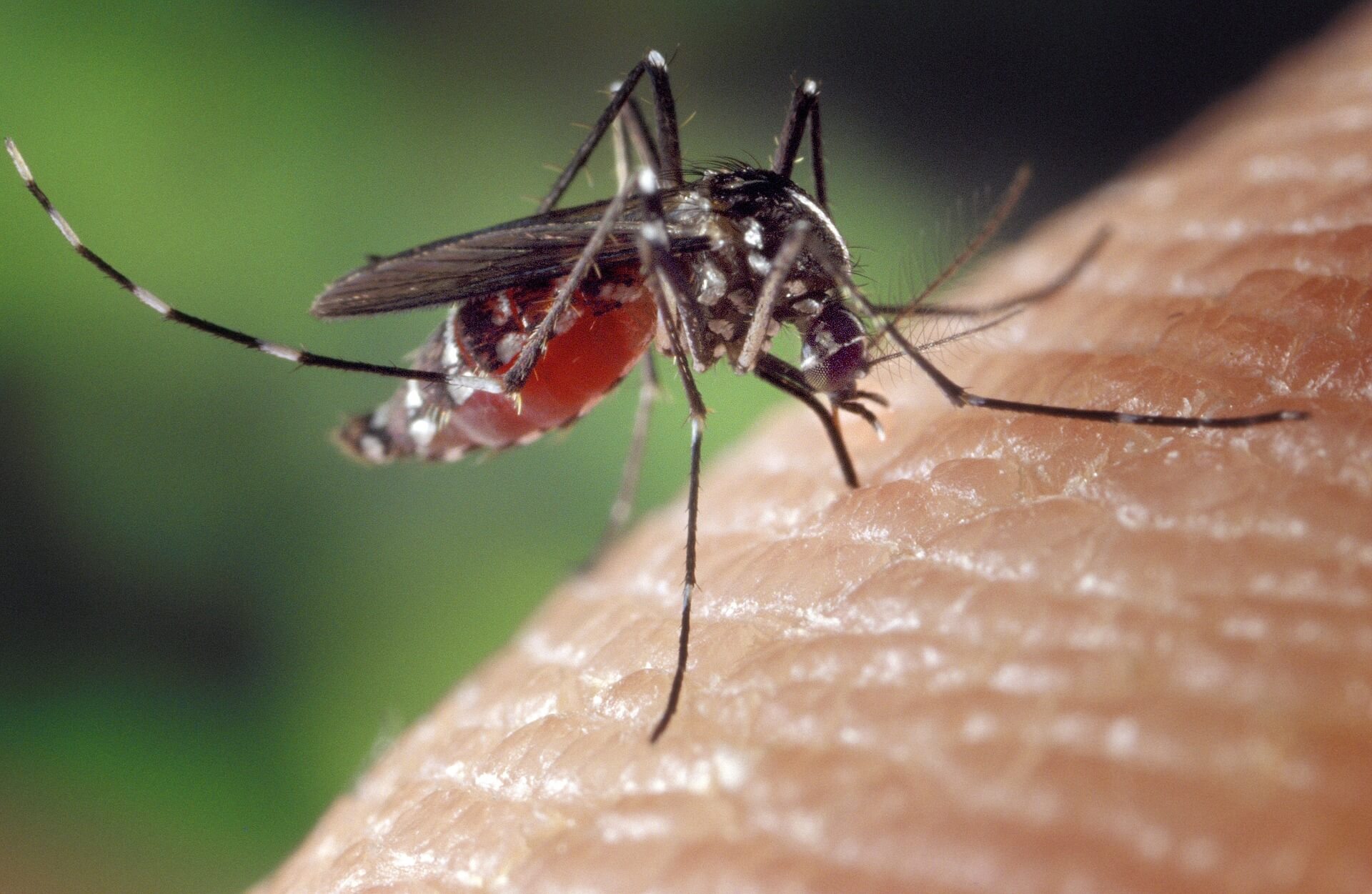
Anti-malaria month -a step forward in multisectoral collaboration and community involvement
Anti Malaria Month is observed every year in the month of June. Malaria, the most significant vector-borne disease of public health importance, affects the health, wealth of individuals and nations alike, including India. Malaria is preventable and treatable, and history shows that the disease can be eliminated. The government of India is committed to being malaria-free by 2030. Malaria is a major health problem in India's most rural/remote areas, and eliminating the disease is very difficult. The maximum prevalence of malaria in most parts of India is from July to November months. Rainfall provides mosquitoes, a breeding ground giving rise to epidemics.
Stagnant puddles, which are a breeding ground for mosquitoes, follow the rains every year causing an increase in the incidence of water-borne diseases. Malaria is the third most common of these diseases in India.
Vectors of Malaria
- There are many vectors of malaria
- Anopheles culicifacies is the main vector of malaria
Feeding habits
- It is a zoophilic species
- When high densities build up relatively large numbers feed on men
Resting habits
- Rests during daytime in human dwellings and cattle sheds
Breeding places
- Breeds in rainwater pools and puddles, borrow pits, river bed pools, irrigation channels, seepages, rice fields, wells, pond margins, sluggish streams with sandy margins.
- Extensive breeding is generally encountered following monsoon rains.
Biting time
- Biting time of each vector species is determined by its generic character, but can be readily influenced by environmental conditions.
- Most of the vectors, including Anopheles culicifacies, start biting soon after dusk. Therefore, biting starts much earlier in winter than in summer but the peak time varies from species to species.
Protection from mosquitoes
Be aware that you are still at risk for malaria even with the use of protection. To avoid mosquito bites
Apply insect repellent to exposed skin. The recommended repellent contains 20-35% percent N, N-Diethyl-meta-toluamide (DEET).
Wear long-sleeved clothing and long pants if you are outdoors at night.
Use a mosquito net over the bed if your bedroom is not air-conditioned or screened. For additional protection, treat the mosquito net with the insecticide permethrin.
Spray an insecticide or repellent.
In addition, several companies and groups are at work on developing a malaria vaccine, but there is currently no effective malaria vaccine on the market.
Anti Malaria Month educates all the people about the breeding, prevention of malaria. Also, makes people more aware of the spread of malaria and helps eliminate it.











